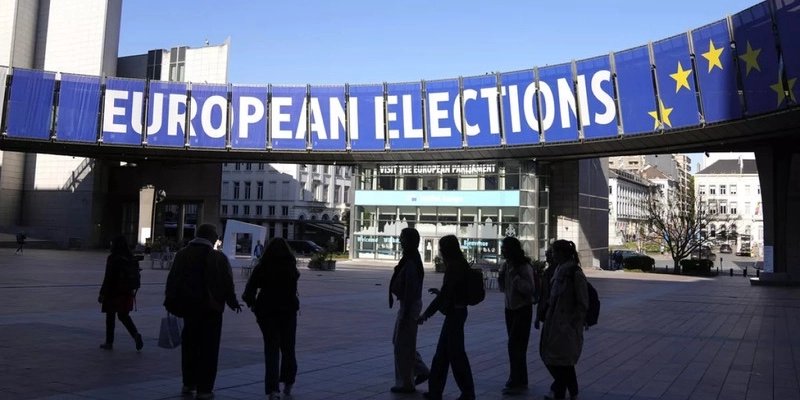Citizens of 27 European countries will elect new members of the European Parliament, who will proceed to appoint their president as the first action following the elections, to be held from 6th to 9th June.
Data suggests that the European People’s Party (EPP) might confirm its relative majority in the Assembly.
However, far-right and ultra-conservative forces, according to the Euronews Poll Centre, are expected to win in France, Italy, the Netherlands, and Romania.

In light of this situation, Michel Bayings, Senior Management Consultant at Emobility Consulting France/Netherlands, states to Mobility Portal Europe: “The transition cannot be halted any longer and I am convinced that no one wants to stop it.”
In this context, he adds: “We will observe some changes with the upcoming elections and, definitely, if right-wing parties in Europe gain more votes, it is very likely that the entire process will slow down.”
Despite this, the expert asserts that he doubts this change will be “truly dramatic” and that the movement will continue.
Recently, during a debate organised by Eurovision, the candidates of the main parties competing for office had the opportunity to present their visions on various aspects.
Topics such as the economy, employment, democracy, and even leadership were discussed, among others, but in the category of climate and the environment, none of the speakers addressed the future of electromobility.
Despite the lack of attention to these issues, Bayings emphasises that “there are things that will no longer be changed.”
“From that perspective, I hope it is maintained and continues. The past few years have been crucial and important steps have been taken, so I do not expect enormous changes in that area,” he emphasises.
One of these milestones has been the implementation of the Alternative Fuels Infrastructure Regulation (AFIR), which came into force on 13th April.
This establishes targets to promote the deployment of charging points on the main roads of the European Union (EU) by 2025 and 2030.
Aiming to meet these measures within the stipulated deadlines, the expert points out that the Netherlands, France, and other countries are on the right track.
“I do not expect the elections to cause changes in AFIR, but something that will be interesting to observe in the coming years is how it will be monitored and regulated,” he states.
In this framework, Bayings proposes certain points for improvement when installing “refuelling” stations, such as harmonising the regulations and requirements of hardware charging points.
This will reduce manufacturing costs and make it easier and cheaper for end users to purchase them.
He also indicates that all new chargers should be required to be capable of smart charging, that support for installation education should be provided, and that the timelines for enabling points should be reduced.
At the same time, the consultant compares the EU’s electoral situation with that of the United States, which is holding presidential elections this year.
In this regard, he assures that Europe does not face a situation similar to that of Joe Biden‘s country, where a radical victory could mean a notable change.
“Here, there are things that will no longer be changed,” he insists.
The only thing he emphasises that should be considered is to avoid each country and city establishing its own low-emission zones, each with different requirements, as “this does not favour the market.”
How is the eMobility transition progressing in Europe?
Despite the regulations being uniform for all member states, each country progresses at different rates, which mainly depends on the individual capacities of each.
“For example, in Germany, car manufacturers have a great influence and a lot at stake, so a greater delay is observed in certain processes,” he indicates.
In contrast, in countries like France, where the automotive industry is focused on electric mobility, “progress is noted at different rates.”
“Meanwhile, the Nordic countries improve a bit faster, which is understandable considering that their distances are short and autonomy has never been an issue,” he highlights.
As for these latter locations, which are often the model for the rest of Europe, Bayings fears that by advancing rapidly, they may lose end users, be they drivers or fleet operators.








